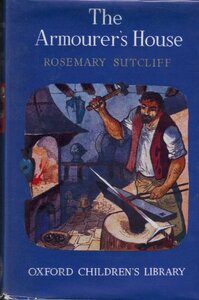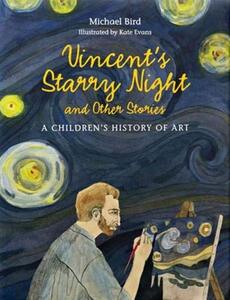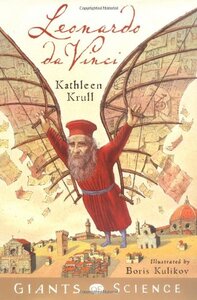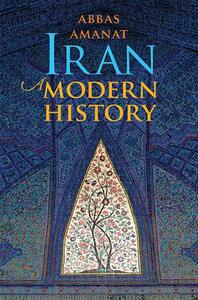Helen complained that she wasn't doing any history. I had to break it to her that reading books on the First and Second World Wars, a historical novel set in Tudor London, and a loosely fictionalised art history survey counted as doing history, and that if she were to study history at Oxford it would actually be described as "reading history" - and probably wouldn't involve re-enactments of the Great Fire of London. We also listened to an audiobook version of Kathleen Krull's Leonardo Da Vinci, which is in a "Giants of Science" series and focuses on his science rather than his art. (The history I'm reading myself, Amanat's Iran: A Modern History, is a little too dense for Helen to take straight, but I summarise bits of it occasionally for her.)
 |
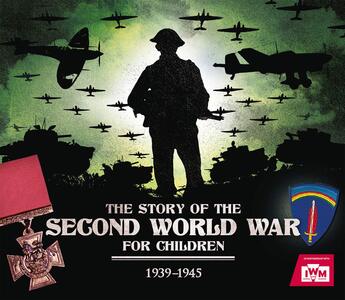 |
I thought John Malam's The Story of the First World War for Children was reasonably good -- slightly better than similar offerings from Usborne or DK. It has thirty four double-page spreads on different topics, with the most notable inclusion being three devoted to art, including a good collection of recruiting posters. It's Anglo-centric, unsurprisingly, but less so than usual.
On the basis of that I bought The Story of the Second World War for Children from the same publisher (Carlton Kids, in partnership with the Imperial War Museum). But I wasn't nearly as happy with this.
The biggest problem is what is left out. The coverage of the Asia-Pacific War is entirely restricted to the Japanese-American fighting in the Pacific. The Japanese invasion of China gets one single passing reference, in the spread on "Pearl Harbour". The invasion of Malaya gets an incidental mention, but there's nothing at all about the Dutch East Indies or Singapore -- or about India and Burma. And there's nothing about the British and American bombing of Germany. (This book is eight pages shorter than The Story of the First World War -- about the space that would have been needed to cover those topics.)
There's also an odd -- rather disturbing, in fact -- use of the term "Germanic race" directly and not in quotation (either from a Nazi source or as scare quotes).

